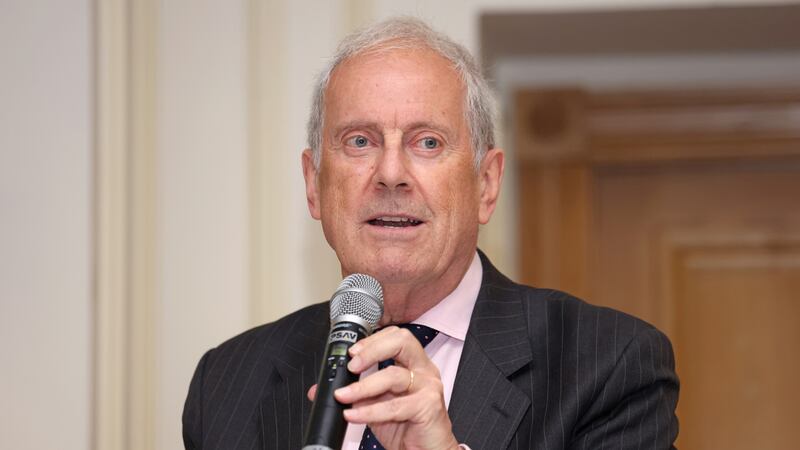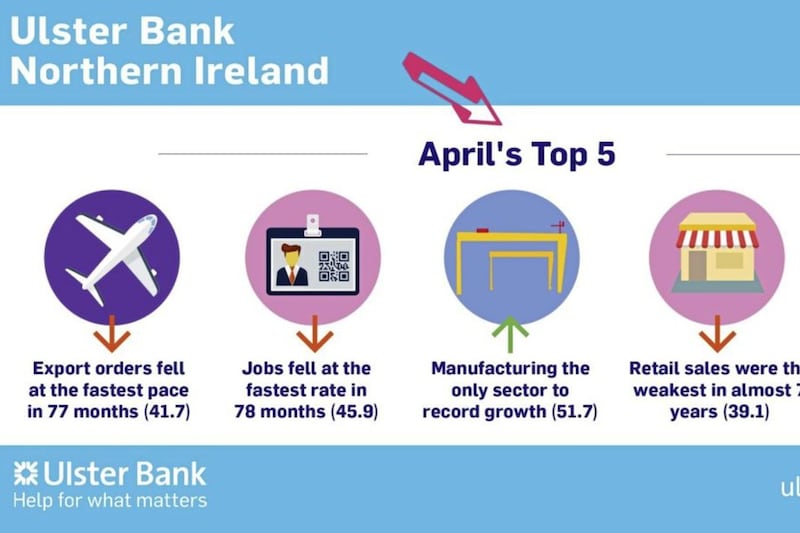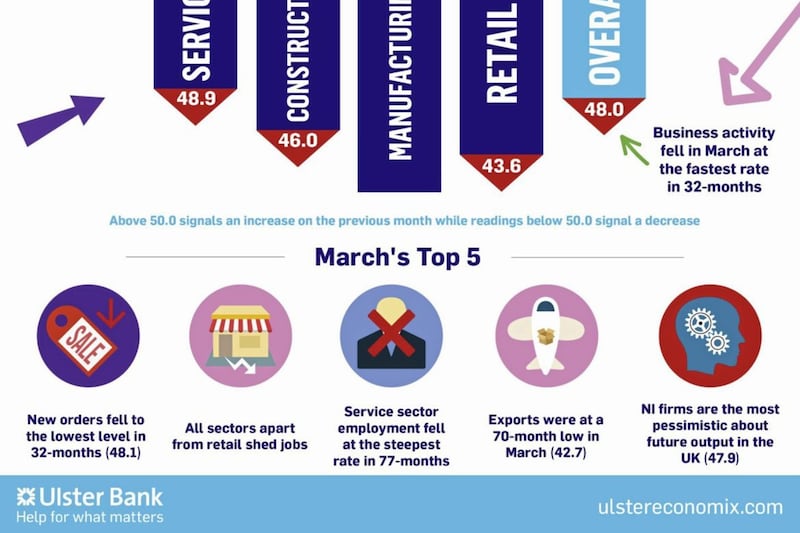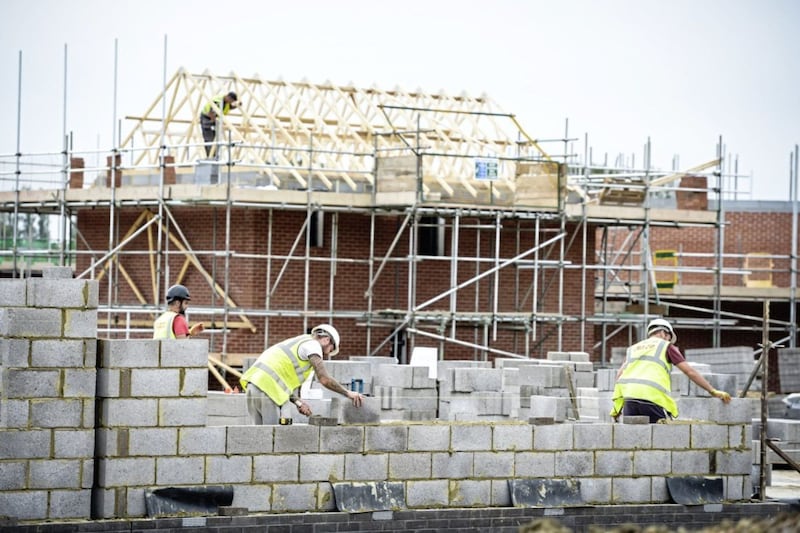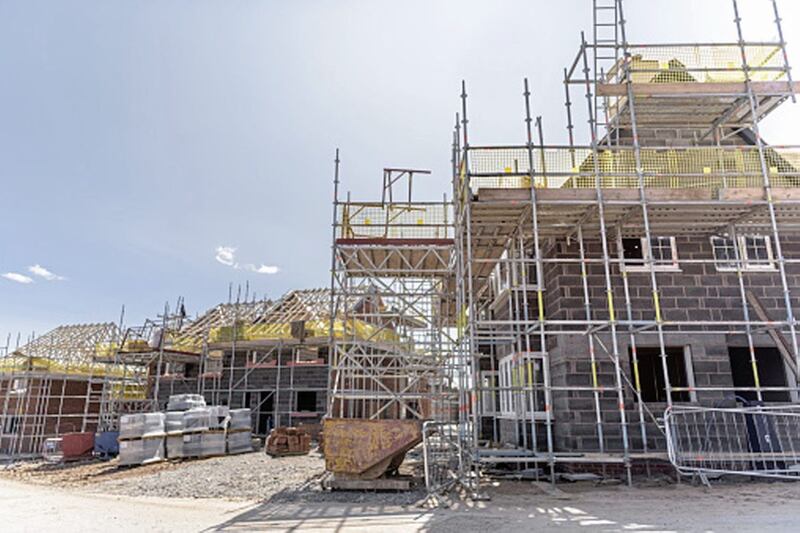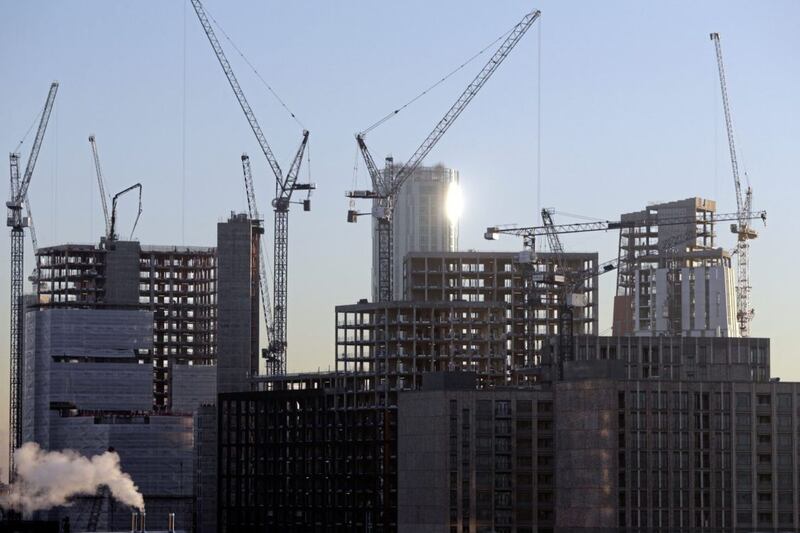The UK’s private sector has returned to growth after a bruising few months marred by recession fears, an influential survey suggests.
The closely followed S&P Global/CIPS flash UK purchasing managers’ index (PMI) reported a reading of 50.1 for November, higher than the 48.7 figure seen in October.
The score is just above the crucial 50 threshold, which indicates that the sector is growing. The flash figures are based on preliminary data.
Services companies saw business activity edge up this month, overturning three months of decline and helping offset an ongoing manufacturing slump.
The survey indicates that the UK economy “found its feet again” in November, said Tim Moore, the economics director at S&P Global Market Intelligence.
Economists had predicted another month of contraction for the sector, forecasting that the PMI would hit 48.4, according to a consensus provided by Pantheon Macroeconomics.
Mr Moore said: “Relief at the pause in interest rate hikes and a clear slowdown in headline measures of inflation are helping to support business activity, although the latest survey data merely suggests broadly flat UK GDP (gross domestic product) in the final quarter of 2023.”
However, recession risks are likely to remain heightened into the new year, Mr Moore said, as total new orders for businesses declined for the fifth month in a row.

Firms that took part in the survey reported seeing a cautious revival in spending on essential business services, but continued to highlight lower consumer confidence as households remain squeezed by cost-of-living pressures.
The services sector spans businesses from pubs and hotels to banks and estate agents.
Cost pressures have eased for firms, as UK Consumer Prices Index (CPI) inflation dropped to 4.6% last month, the lowest rate in two years.
But pressure to increase staff wages and higher fuel costs being passed on to customers pushed up the average prices charged by businesses last month, the survey revealed.
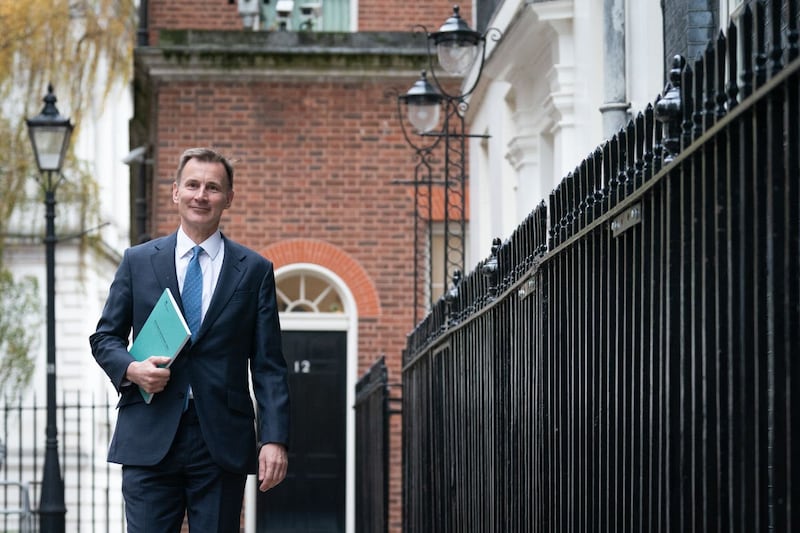
Dr John Glen, chief economist for CIPS, said: “November’s data reveals welcome signs of calmer waters ahead for the UK economy, albeit with indications that there is still a little way to go before we are completely out of the inflationary storm.
“However, challenges persist for UK manufacturing, with subdued demand leading to decreasing production volumes.”
Firms are feeling more optimistic on hopes of economic conditions improving next year, despite worries about higher borrowing costs and geopolitical uncertainty remaining.
The findings follow Chancellor Jeremy Hunt unveiling his autumn statement on Wednesday, which included tax cuts and measures to boost business investment in Britain.
But new forecasts from the Office for Budget Responsibility predict the economy will grow slower over the coming years than previously expected, and warned that it will take longer to bring inflation down to its 2% target.

